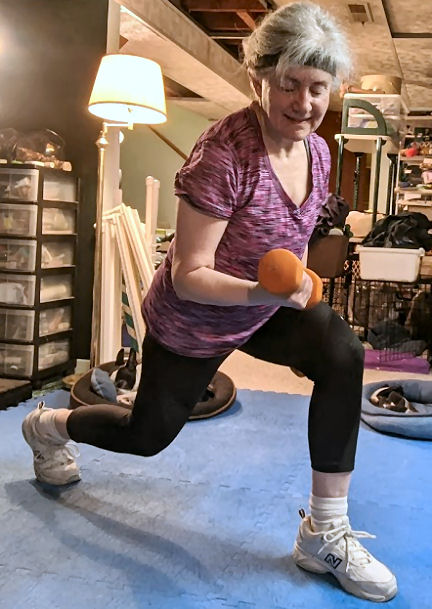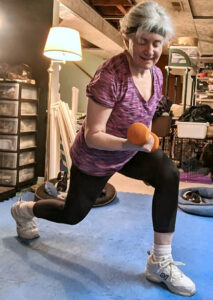I’ve been watching the Olympics the last few days. It’s riveting. The level of competition is insane. I admire the talent, the intensity, the difficulty of the moves. I’ve always been an Olympics fan. Winter, Summer, it doesn’t matter. The sport doesn’t matter either. I love watching swimming, diving, track – it doesn’t matter. Men’s sports, women’s. Again, it doesn’t matter to me. Do you have a favorite Olympic sport?
These athletes are the best of the best in their sport. What makes them the best? What sets them apart from other athletes? Sure, innate talent probably has a lot to do with it. Someone who has no sense of rhythm is probably not going to be successful in rhythmic gymnastics, for example. But aside from talent, what makes these athletes so good? Their motivation. These athletes are driven to train, improve and succeed even in their off-seasons. So, how do elite athletes get motivated?
How do elite athletes get motivated?
WebMD asked 7 Olympic athletes what keeps them going. For Caeleb Dressel, swimmer, it’s the desire to get better. That’s the internal motivation that you would expect elite athletes to feel. The desire within to excel. And that’s important for us, too, in whatever we do. When we set goals for ourselves, we have to really want to achieve that goal. Otherwise, why bother? When the challenge that’s part of any endeavor gets hard, if we don’t want the end result, it’s easy to quit.
Accountability
Beach volleyball players Kristen Nuss and Taryn Kloth don’t want to let her partner down. Knowing that another person is counting on you help these elite athletes get motivated. Kloth said, knowing someone else is counting on you “makes it way easier to get through the tough times. This allows my focus to switch to her and not the tough task.”
Grow, for less discomfort
Because it is tough. Fencer Nick Itkin welcomes the pain. Personally, I don’t enjoy it, but Itkin uses it as a motivator. Put another way, the pain motivates him to get better so it doesn’t hurt any more. It goes back to the adage, “What doesn’t kill you makes you stronger.” Psychologist Ayelet Fishbach of the University of Chicago says, “because discomfort is usually experienced immediately and is easy to detect, it’s an immediate signal of growth that increases motivation.”
The fun keeps you going
Gymnast Frederick Richard likes to mix things up. He’s a believer in having fun when you train. And that’s something that I take to heart.
So, the methods that these elite athletes use to get motivated are the same that we’ve been using all along.


